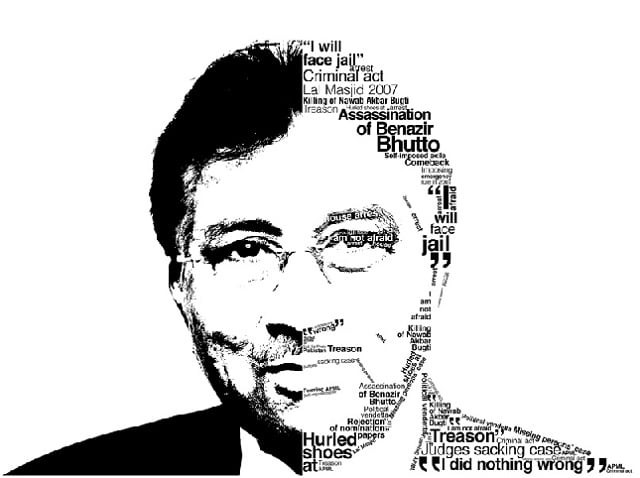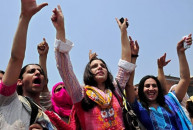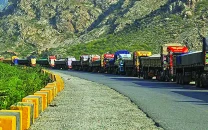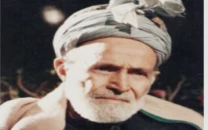Musharraf's conviction: 'Pakistan is changing – and for the better'
Pakistan is changing – and for the better, says political analyst Lt Gen (retd) Talat Masood

ILLUSTRATION: FAIZAN DAWOOD
Though they see slim chances of implementation of the special court judgment, still they believe the sentencing of a former army chief for subverting the Constitution carries “symbolic importance”.
“Pakistan is changing – and for the better,” said political analyst Lt Gen (retd) Talat Masood while commenting on Musharraf’s conviction. “The judgment confirms that the present courts as independent and fair,” he added.
Masood said the judgment was “extraordinary” given how the judiciary had conducted itself in the past. “The verdict means nobody is above the law. Previously, there used to be a hierarchy but now every person is subject to Pakistan’s law and the Constitution,” he added.
“It is transformational – a healthy change. It confirms that the judiciary is independent and deciding cases in accordance with the law and the Constitution,” he added.
Masood further said that the circumstances in which Musharraf had toppled Nawaz Sharif’s government and imposed emergency might be debatable. “But one cannot continue to use the same tactics hence the judgment is important.”
Lt Gen (retd) Ziauddin Abbasi, aka Ziauddin Butt, said it was the first time the judiciary had “given the right verdict”.
“The decision was a long time coming,” said Ziauddin, whose appointment as army chief by then-premier Nawaz Sharif on the night of October 1999 had triggered a series of events which eventually led to Musharraf’s coup.
Ziauddin said some judges had “shown the courage to stand by the law and the Constitution”. “The man responsible for causing so much damage to the country deserved to be brought to justice,” he added.
Masood said the verdict has sent a message that no one was above the law. Political analyst Tariq Pirzada agreed with Masood. “The ruling sends a signal that Pakistan is changing and its judicial system has changed”.
Ikram Chaudhry, a former member of the prosecution team in Musharraf treason case, calls it a landmark judgment. “It will serve as great deterrence against unconstitutional acts,” he said.
Pakistan Bar Council member Raheel Kamran Sheikh echoed the same sentiment. “The decision has far-reaching consequences,” he told The Express Tribune.
“All martial law enforcers remained and acted in a state of insecurity vis-à-vis international and domestic legitimacy and validation of their takeovers on return to democracy,” he added.
Musharraf, who is currently receiving treatment in a UAE hospital, has the option to challenge the verdict in the Supreme Court, and appeal for a presidential pardon, if the apex court upholds his conviction and sentence.
Ziauddin doubts the former army chief would return. “He may cite his medical condition as an excuse against extradition,” he said.
Masood added that “it is very much possible that the UAE may not follow through if Pakistan requests Musharraf’s extradition, considering his health”.
He said there was also a possibility that President Arif Alvi might pardon the former military ruler. “His [Musharraf’s] counsel will challenge the verdict and the decision may take a long time.”
Hamid Khan, a lawyer and founding member of the ruling Pakistan Tehreek-e-Insaf, said the government should withdraw all civil and military awards conferred on Musharraf.
“He should not be entitled to pension and other perks and privileges given to retired officers,” said Khan, whose basic party membership was recently suspended by the PTI.



















COMMENTS
Comments are moderated and generally will be posted if they are on-topic and not abusive.
For more information, please see our Comments FAQ